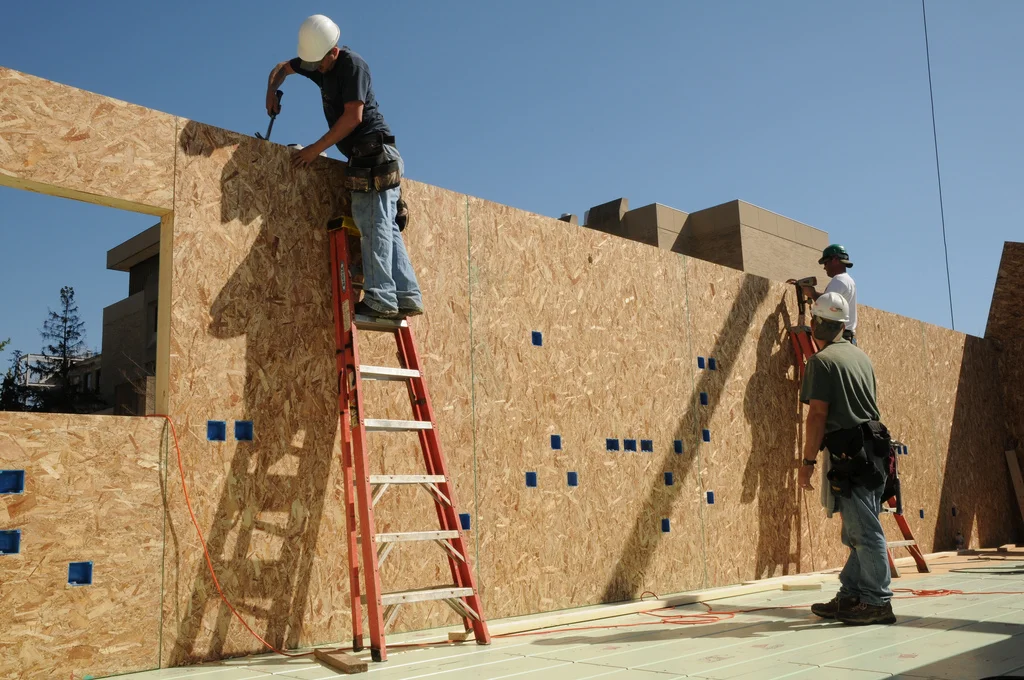A reliance on federal funding for housing puts local entities at the mercy of distant decision makers whose priorities may or may not be aligned with theirs. Cities and advocacy groups should be thinking about how to re-localize and claim more control over the way we tackle these problems.
Read MoreA recent shift in federal housing policy may give low-income families a true choice in where they live, enabling them to find homes is safe, well-resourced neighborhoods.
Read MoreThe federal government can improve housing choices and remove barriers to investing in urban areas, and especially in poor neighborhoods and without additional subsidy, simply by reforming the outdated program rules inhibiting mixed-use.
Read MoreHUD has, with its mortgage funding, chosen to primarily support the creation of single-family dwellings, which are far more accessible to white middle class people and far less accessible to minorities in poverty. This contradicts Fair Housing laws and the Supreme Court's recent ruling on the subject.
Read MoreSmall developers who want to build modest mixed-use buildings on their town's Main Street are not able to access the favorable financing available to the developers of large single use suburban apartment complexes.
Read MoreFederal loan programs do not support the mixed-use, multi-family development essential to these communities.
Read MoreThe report we are sharing this week deals with some high-level national policy issues. But you can advocate for change in your own community without a trip to Washington DC. Here are six ideas (big and small) for how to do that.
Read MoreGrowing numbers of young and old Americans prefer to live in communities where they can walk to stores, school, services, parks and public transportation. But federal housing rules make it difficult to meet this demand.
Read MoreThe worst part of all of this is that it happened to a poor and largely Black community. But they set an example for what citizen activism should be.
Read More








